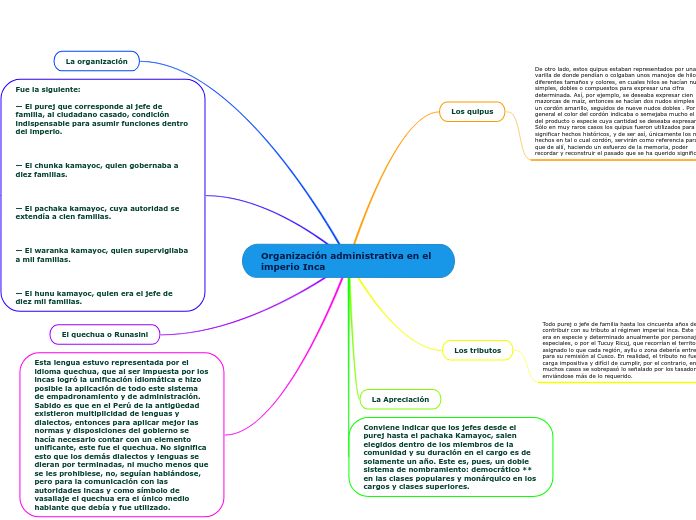Origen de la Familia la propiedad privada y el Estado
To name your story, you have to think about the overall message and what you want your audience to understand from the story. Also, make it relevant and easy to remember.
EL ESTADO
Viene siendo una comunidad social con una organización política común, un territorio y con un órgano de gobierno propio
Gens
LA GENS ENTRE LOS CELTAS Y ENTRE LOS GERMANOS.
Las tribus alemanas tenían la misma constitución que se desarrolló entre los griegos en la época heroica y entre los romanos en la época llamada de los reyes. El régimen gentilicio se acabó el día en que la sociedad salió de los límites dentro de los cuales era suficiente esa constitución, quedó destruido y el estado ocupó su lugar.
Celtas: Se organizaron de manera jurídica enfocándose a la propiedad privada, la herencia y los derechos, siendo así la participación de la mujer y sus derechos de propiedad y divorcio
LA GENS Y EL ESTADO EN ROMA
características
Adoptar extraños en las gens
El derecho de elegir y deponer al jefe
El derecho de llevar el nombre de la gens
Se prestaban ayuda mutuamente
La posesión de la tierra en común
La obligación de no casarse dentro de la gens
Solemnidad religiosa común
Poseían lugar de sepultura común
Los bienes siempre permanecían en la misma gens,
GÉNESIS ATENIENSE
Estaba basada en Asamblea del pueblo-consejo del pueblo, Basileus. El suelo ya estaba
repartido y era propiedad privada en lo que correspondía a la producción mercantil y al comercio de mercancías
GENS GRIEGA
Conformada por el consejo que era la autoridad permanente, la asamblea era del pueblo llamado ágora y contaba con un jefe militar conocido
como Basilea
GENS IROQUESA
Forma americana es la forma original de la gens
manifiesta que su poderío se deshizo por
la baja codicia y el robo de la propiedad común y posterior a esto se inauguraron la nueva sociedad civilizada
Evolución de las Familias
The ending of a story is essential. We all know that if the ending is weak, what happened before loses its importance. So make it unpredictable, but fair. A resolved ending answers all the questions and ties up any loose threads from the plot.
Familia monogámica
Predominio del hombre por la paternidad y la herencia solo el hombre podía romper las lazos del matrimonio y ser infiel.
Familia sindíasmica
Surge la unión conyugal como una costumbre, la poligamia y la infidelidad eran ocasionales, estricta fidelidad por parte del genero femenino y los hijos solo pertenecían a la madre.
Familia punalua
This is the closure section of the story.
See examples of possible outcomes below:
- all problems have been solved
- it's clear how each one of your characters ends up
- your main character is transformed by the challenge
tuvo Dos fases una en donde los matrimonios se daban por grupos y en donde los hermanos lejanos compartían maridos y esposas entre ellos mismos, descendencia por linaje materno.
Try answering these questions to come up with a closure:
- Have all the problems been solved?
- Is there a clear picture of what happens with each character in the story?
- Has the challenge transformed your main character?
- How do the characters feel in the end?
Familia consanguínea
This is the moment when the main character surpasses the last obstacle and finally faces their greatest challenge.
The climax usually follows one of these patterns:
- realization
- resolution
- choice
Type in your answer.
Familia que solo tenia en cuenta el sexo a la hora de procrear la especie los hijos de los padres entre ellos fornicaban y los hijos de estos de la misma forma.
Evolución de las Organizaciones sociales a través de las épocas
In the beginning of the story (or the exposition), you will need to introduce the setting and characters. You might also want to introduce the main conflict. This part of the story is important because it gives the reader necessary background information and maybe even a first insight into a character’s personality.
Se divide en 3 etapas
The setting (time & place) of a story can change throughout the plot.
CIVILIZACIÓN
The weather is an important element in your story because it can highly influence the ambiance and the mood of the characters.
Cúspide de la organización social
Does your story include catastrophic weather? See a few suggestions below or add your own:
- hurricane, earthquake, storm, etc
Periodo de industria
Ganadería esclavitud
Técnicas de agricultura/ganadería
BARBARIE
The time of the story can also change. It can describe the event of a single day or can include an entire year's plot. Anyway, don't forget to mention it.
se divide en 3 estadios
Se destaca
Ganaderia/agricultura
Escritura alfabética
Fundición de hierro
Hemisferio occidental
Cultivo de hortalizas, construcción adobe(ladrillos)
Hemisferio oriental
Pastoreo de animales
Cultivo de plantas
Domesticación de animales
Alfarería
SALVAJISMO
Your story can take place wherever your imagination will take you to.
For example: in an elevator, in an enchanted forest, etc. Don't forget to give details of the environment each time the setting changes, otherwise, the story can be confusing. Also, mention the seasons as each of them has unique weather and events.
Se divide en 3 estadios
Estadio superior
Aparecen los utensilios de caza y los domésticos utilizados en la cocina, agricultura y demás.
Estadio medio
Aparece el fuego, surge la pesca como medio de alimentación, aparece la lanza como arma para defenderse y ahuyentar las fieras.
Estadio inferior
Los Humanos vivían en los arboles de los cuales se alimentaban y se protegían de las ferias










